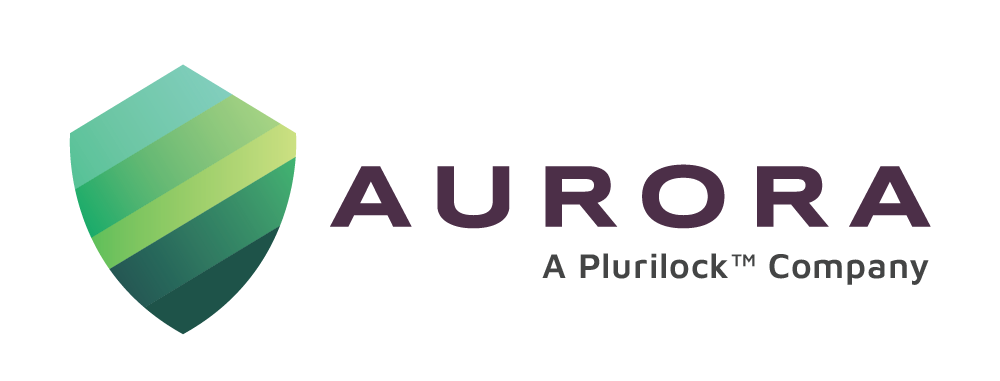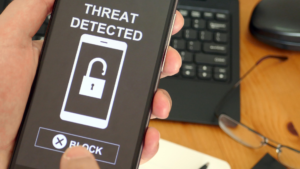Ransomware has become one of the fastest-growing forms of cybercrime. While the best option is to not become a victim of a ransomware attack, no organization can be 100% protected and should be aware of the ramifications of paying a ransom. But before discussing the timely debate of whether to pay a ransom, what exactly is ransomware?
Ransomware happens when malicious actors gain access to a company’s network, infects it with malware, and encrypts the data so that the company can no longer access it unless a ransom is paid. According to Trend Micro researchers, in 2020, 34% of new ransomware families were detected, a majority of those still coming from emails.
Hackers can not only benefit from the ransom money that a company pays to give back their data, but they can also demand more money by threatening to publish confidential data on the web. This is the idea of double extortion ransomware. If targeted by a ransomware threat, companies will not only face the consequences of losing data but also of having data be leaked to the highest bidder on the dark web.
A ransomware attack can have dire consequences on a business. Even if the organization pays the ransom, there is no guarantee that sensitive customer data won’t be lost or shared with other malicious actors. An attack can be extremely harmful to a company’s reputation and be expensive.
Recently, security experts have debated over the consequences of paying the ransom.
Why You Shouldn’t Pay
Many argue that paying the ransom is an absolute last resort. As ransomware payouts increase, ransomware groups are becoming more well resources and well paid than the organizations that are defending against them. A security specialist at Symantec, a Division of Broadcom, argues for government institutions to make selling stolen online data illegal to offset the amount of ransomware occurring. Additionally, he recommends that government institutions offer technical and financial support to victims of ransomware attacks. See the full article here. The FBI discourages paying ransom, however, for many organizations that become victims, it can seem like the only option to save data at risk.
Why Many Pay Anyway
The operators of the Colonial Pipeline made headlines for paying a $4.4 million ransom, making this debate timely. According to Forbes, companies like Booz Allen Hamilton are helping clients negotiate with hackers to evaluate whether paying the ransom is the lesser of two evils when faced with an attack. Although the FBI highly recommends companies not to pay the ransom, for many companies, the threat of leaked data is too high to risk not paying.
Preventing Attacks
Of course, every organization would prefer to not be subject to ransomware in the first place. Still, high-profile ransomware attacks are making headlines daily. Phishing continues to be the biggest point of entry for ransomware. These emails are getting more sophisticated. Having an open dialogue and proper security training in your organization is an important step towards preventing these threats. While there is no one solution that can prevent a company from ransomware, we recommend having a robust security portfolio is a great first step. Many of Aurora’s partners have solutions that can stop the spread of malware including ransomware. See our product portfolio here or contact us to learn more about how we can help you better shield your organization against attacks like ransomware.
[grve_button button_text=”OUR SOLUTIONS” button_shape=”round” button_link=”url:https%3A%2F%2Faurorait.com%2Fwp-content%2Fuploads%2F2016%2F08%2FCybersecurity-Linecard.pdf||target:%20_blank” align=”center”]



